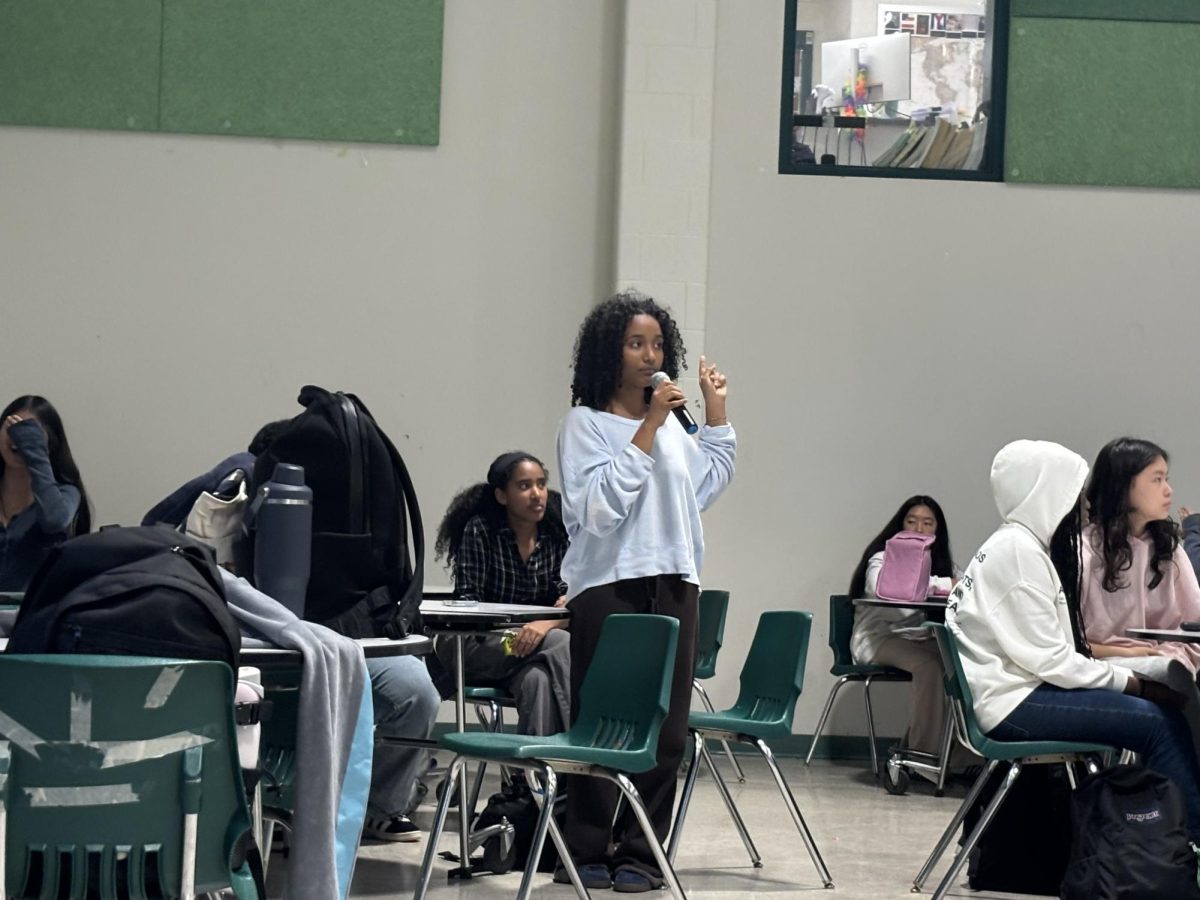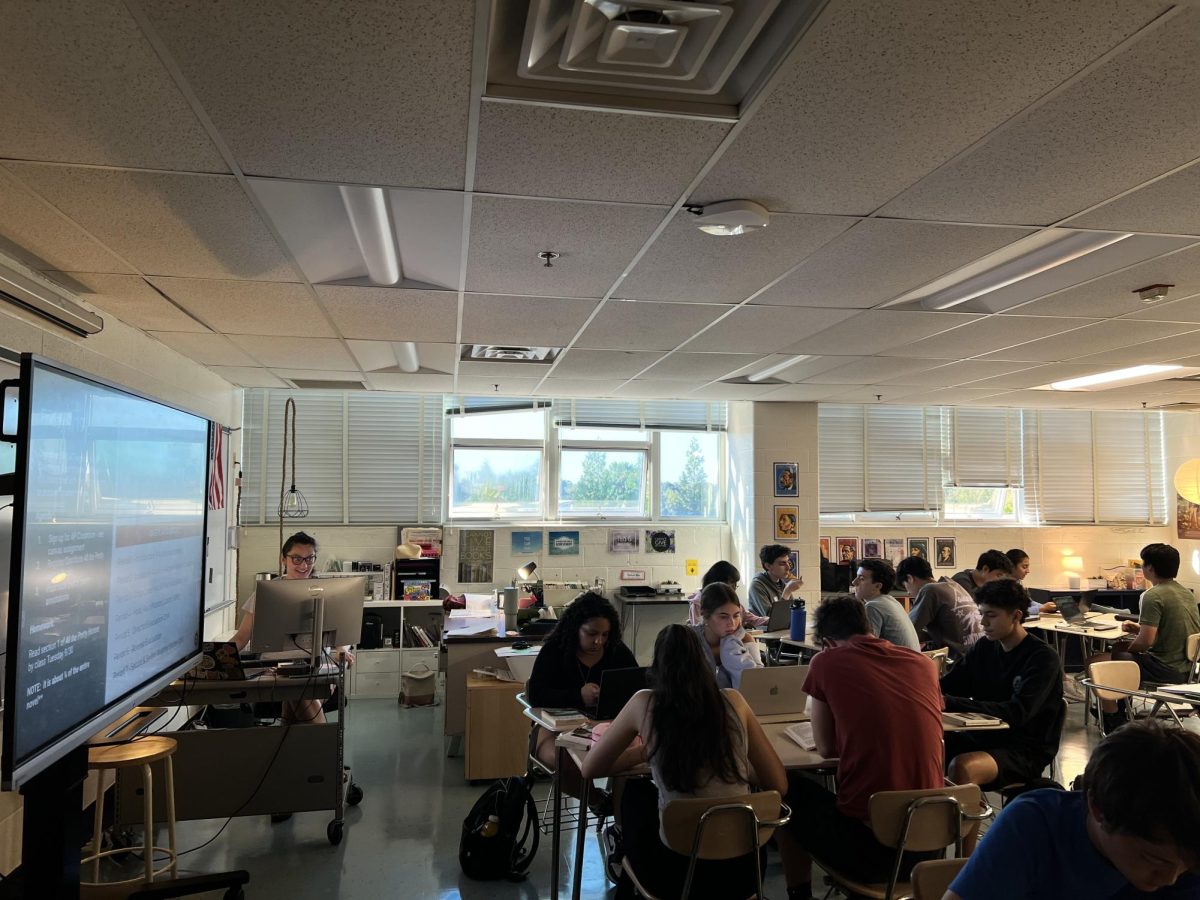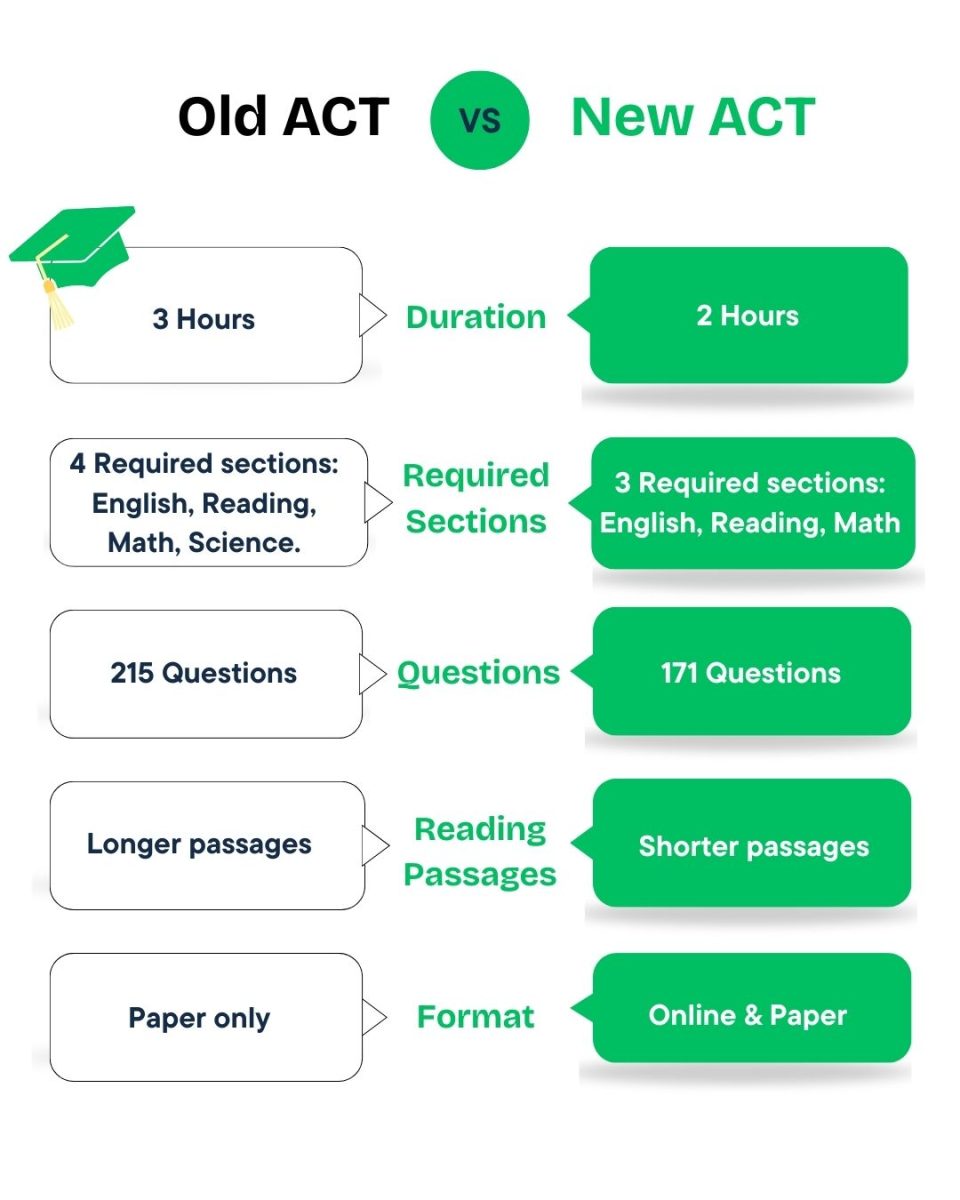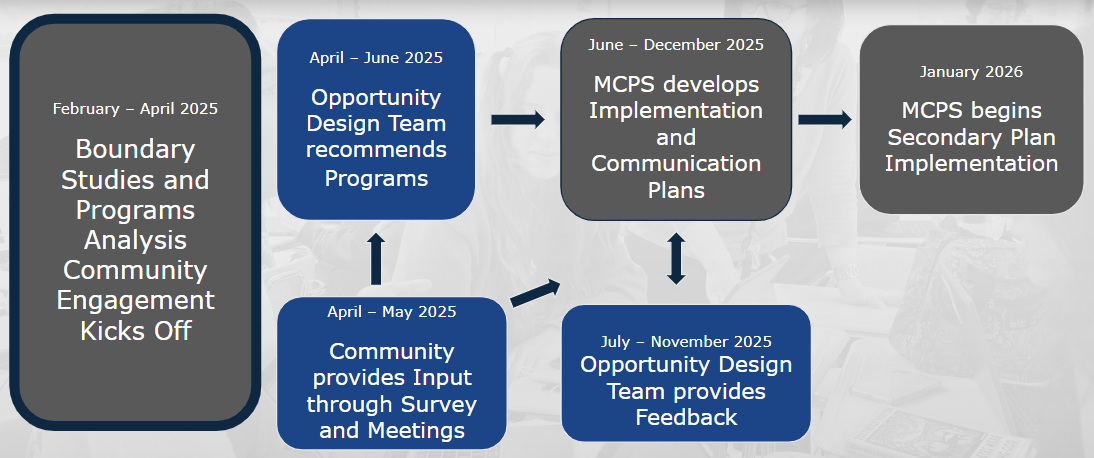After taking three HSAs in May, junior Dave Smith*, who receives special education services, spent a week and a half last summer in a school-sponsored tutoring program geared towards teaching the skills necessary to pass the tests, which are a graduation requirement for all current high school students. He passed two of the HSAs he took in May, but missed passing the third HSA by a few points. Now he is faced with the possibility that he may not graduate.
“I think the HSAs are unnecessary,” he said. “Isn’t the fact that we pass the class good enough?”
After petitions and objections from MCPS Superintendent Jerry Weast and the Montgomery County Education Association, the Maryland State Department of Education (MSDE) voted 4-7 to keep the HSA as a graduation requirement in a meeting on Oct. 28. During the same meeting, the MSDE released data indicating that approximately 9,000 of 54,000 Maryland seniors have yet to meet passing scores on the algebra, biology, government, and English tests. As educators and community members continue to disagree on the weight of test and the success of the HSA program, the state is in the process of amending alternative assessments for students who are deemed diploma-ready but are having trouble passing the test.
“If students are all going for the same diploma, they should all meet the same criteria,” said Rachel Wills, coordinator of the WJ Academic Support Center. “The Bridge Program, first implemented this fall, gives students another opportunity to show what they know through a project.”
The Bridge Program allows all students who pass classes in certain subjects but twice fail the corresponding HSA to complete a project, or series of projects, which assess the student’s mastery of the given material. Projects prompts are written by the MSDE and scored on a state-provided rubric.
“A teacher, or project monitor, meets with the students completing the projects after school,” said Wills. “ These projects are not something a student can do on their own. They have to check in with their monitors.”
The state has also created a modified exam, which is available to students based on the level of academic support they receive, covers the same content as the standard test but is given on a computer and contains fewer multiple choice questions.
“The modified HSA will be given for the first time this spring to a select group of special education students,” said Garran, in testimoney to the Maryland Senate Committe on Education, which he gave hast spring while the test was being developed. “Yet, this test is brand new and has never been validated or calibrated. So, as [MSDE] ‘tests the test’ it still counts for my special education students. It determines whether or not they graduate. It’s absurd and it is grossly unfair.”
In addition to students receiving academic support from the Academic Support Center, students enrolled in the English to Students of Other Languages (ESOL) program may have to face taking a test they are not prepared for. These students all required to pass the standard HSA but have the option of using a dictionary or being allotted extended time based on their level of ESOL instruction. For more information on how the test effects these students, refer to “Day in the Life of an ESOL Student” on page two.
*Not his real name







